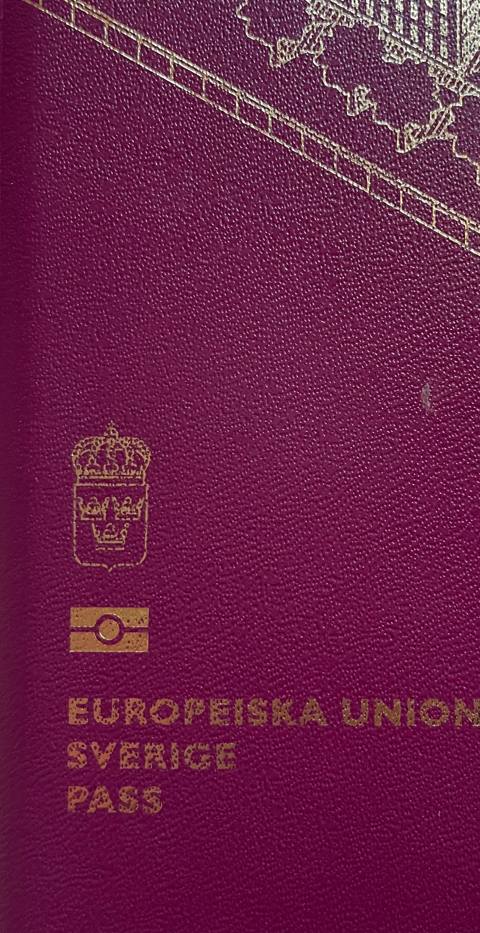Migration Minister Maria Malmer Stenergard emphasized the significance of citizenship, stating, “Citizenship carries with it great importance, and it should no longer be granted lightly to people who have committed or are suspected of having committed serious offenses.”
Citizenship by notification is currently limited to Nordic citizens, children, and, in certain cases, young adults aged 18-21. Proposed new regulations aim to restrict citizenship eligibility for individuals suspected or convicted of specific crimes or those deemed a threat to Swedish security or associated with certain groups and organizations.
Currently, Swedish citizenship can be obtained through various means, including birth, adoption, notification, or application. Citizenship through notification is less restrictive, available to children residing in Sweden for at least three years (two if stateless), young adults between 18 and 21 who have lived in Sweden since the age of 13 (15 if stateless), and Nordic citizens. Unlike citizenship through application, there is no requirement to have “lived an orderly life” for citizenship through notification, although individuals sentenced to prison within the last five years are ineligible.
The proposed rules seek to amend citizenship through notification requirements by prohibiting individuals suspected or convicted of serious crimes, posing a threat to Swedish security, or linked to specific groups or organizations. These rules would generally apply to individuals over the age of 15, with some exceptions. The proposal specifies that it would cover crimes with a maximum four-year prison sentence, repeated non-minor criminality, and activities by groups or organizations involving systematic, widespread, and serious offenses against others.
These regulations would also extend to individuals seeking to regain previously held Swedish citizenship. Citizenship via application rules, which require waiting periods based on the severity of a past conviction, would remain in place.
Additionally, the proposed changes would make it more challenging to renounce Swedish citizenship in certain cases, particularly if there are concerns about coercion by a third party or if, in the case of a child, it is not deemed in their best interest. Children above the age of 12 would also need to provide consent for relinquishing their citizenship.
The proposal is currently under review by the Council on Legislation, responsible for assessing the legal aspects of government bills before they reach parliament. If approved by parliament, the suggested implementation date is October 24th, 2024.
